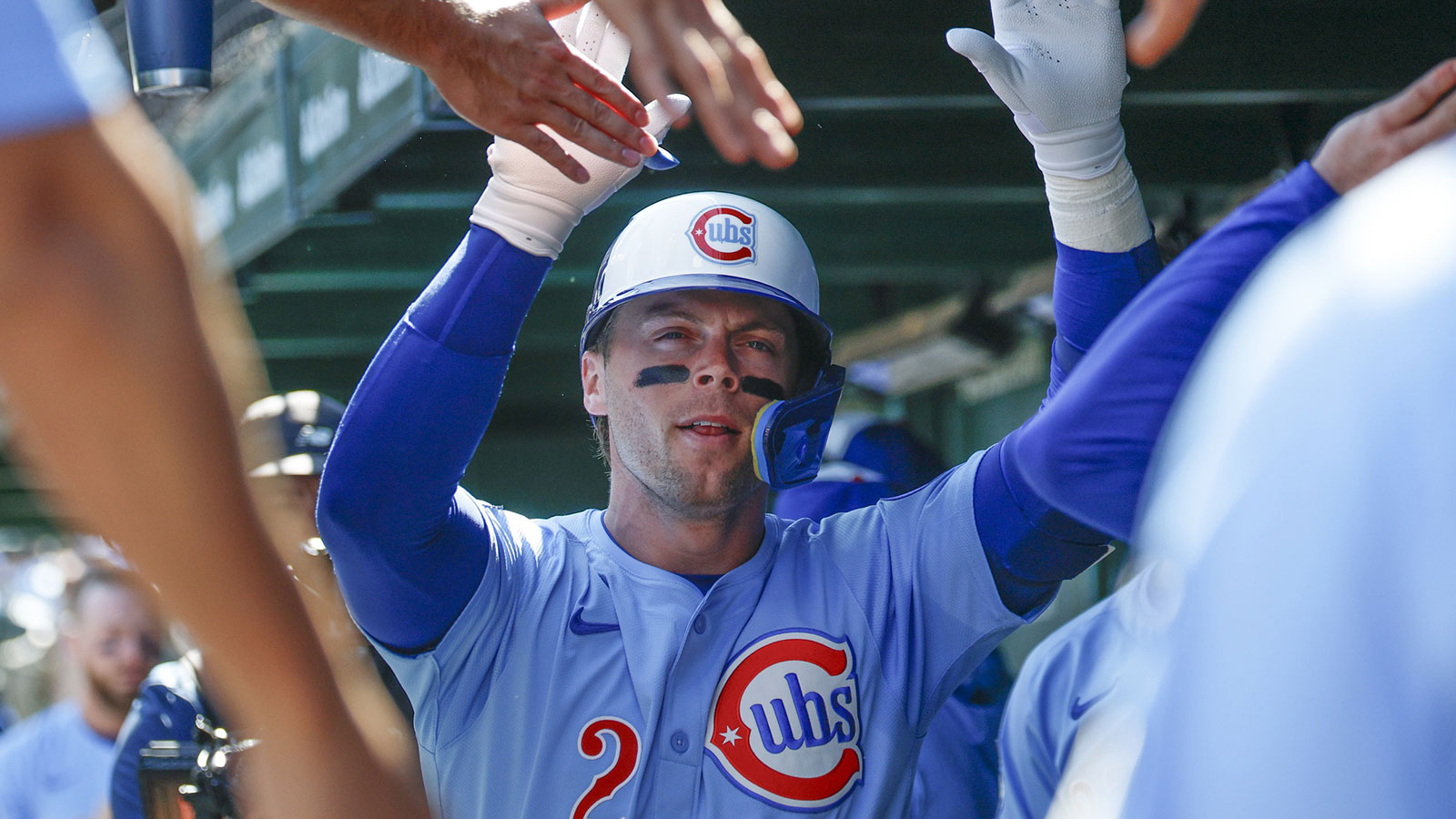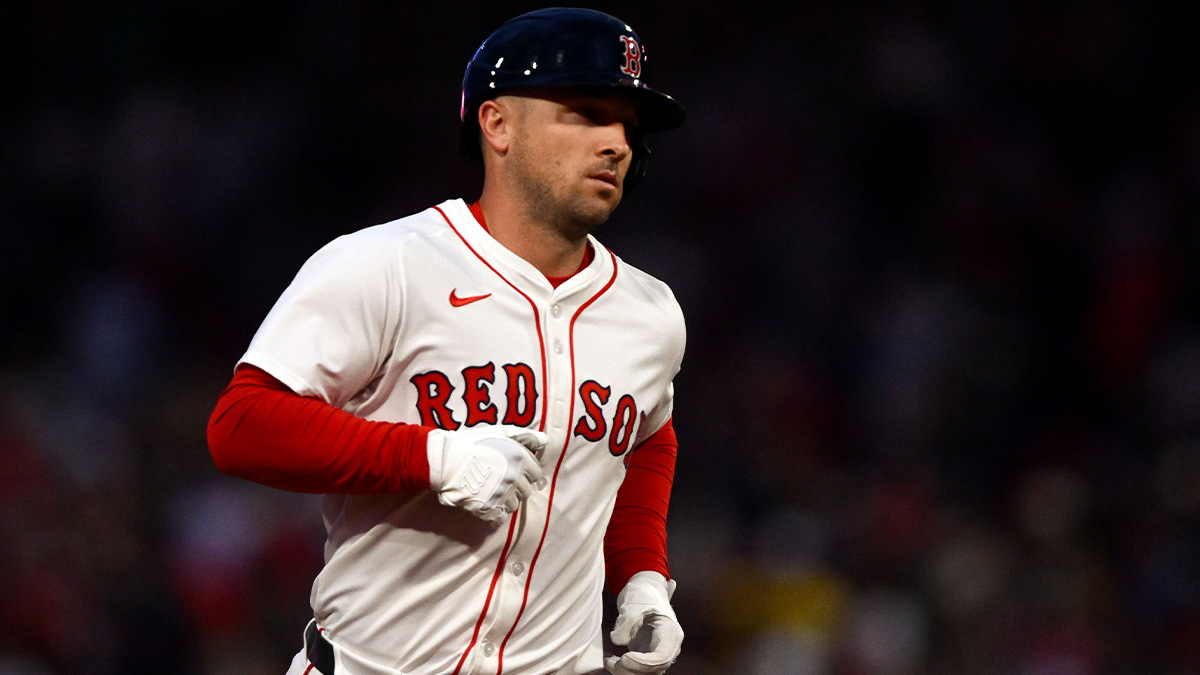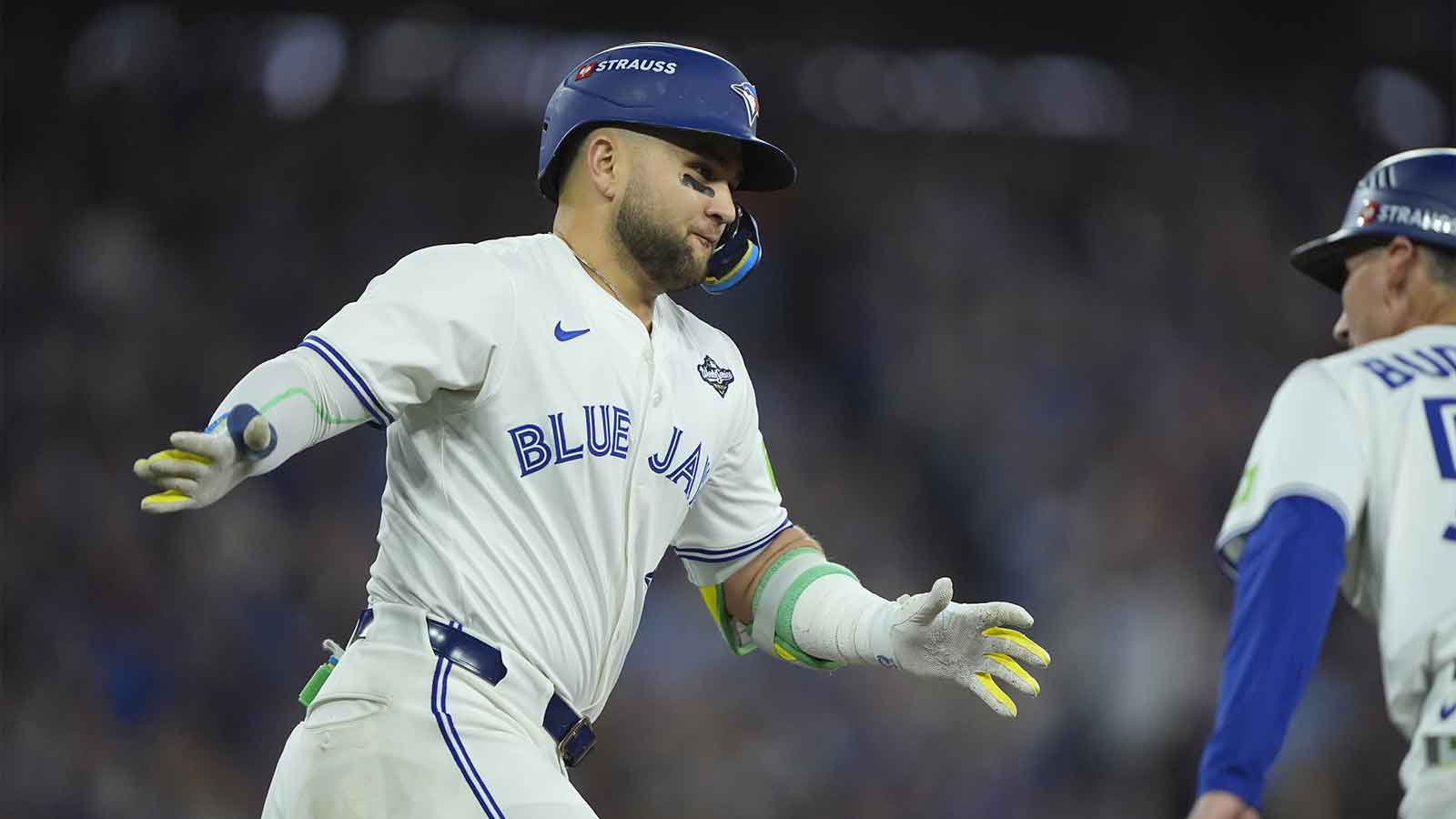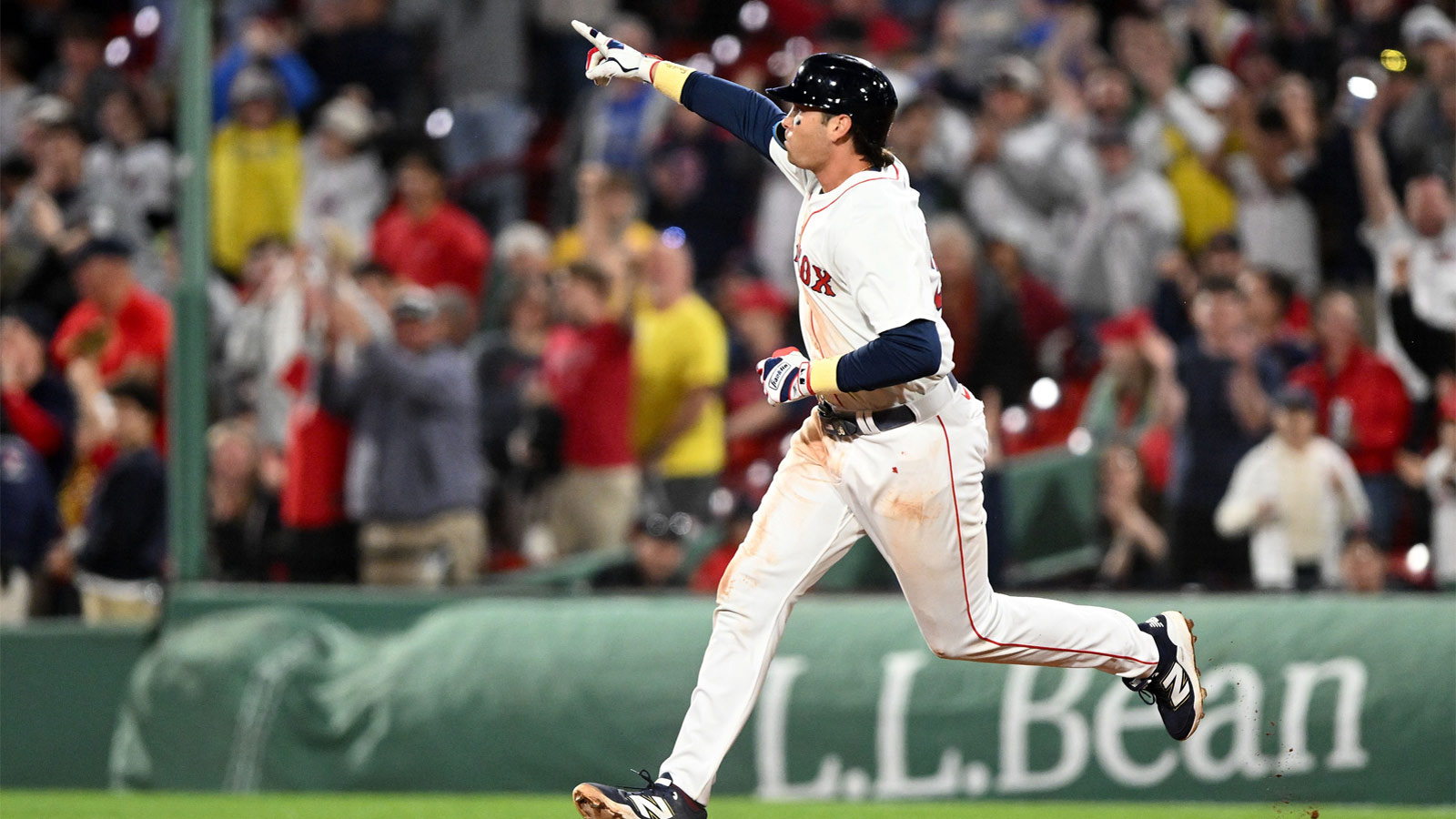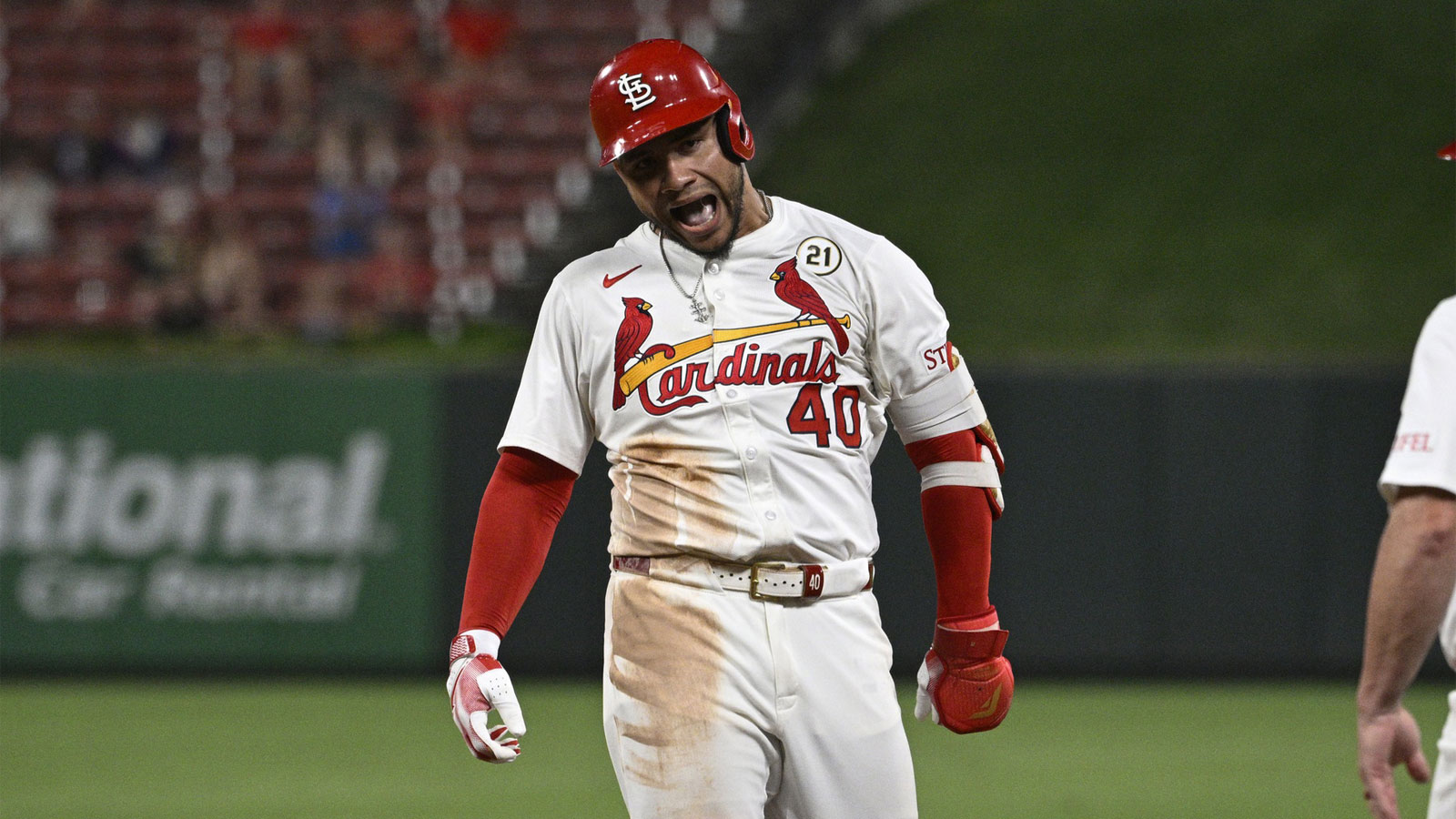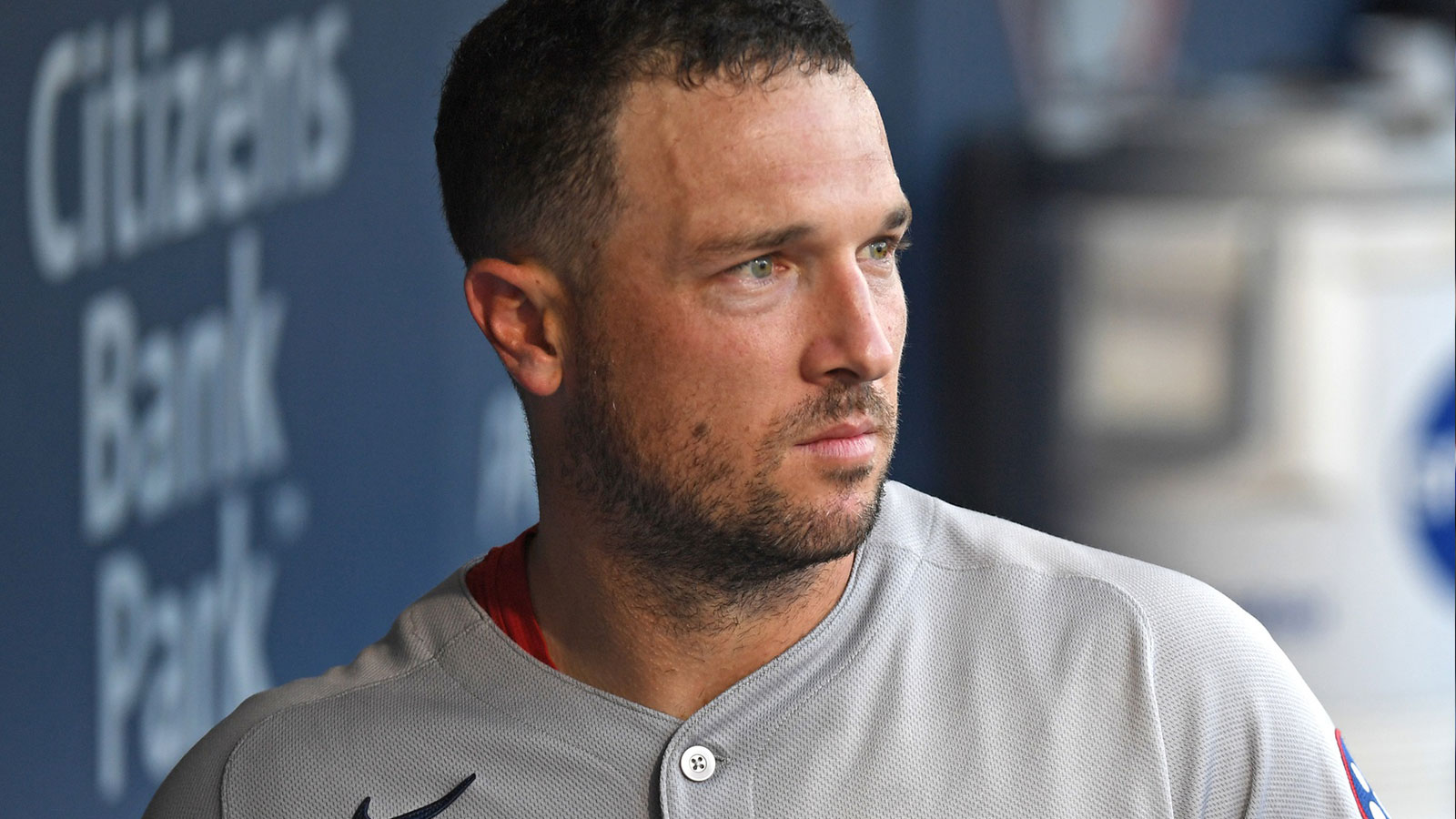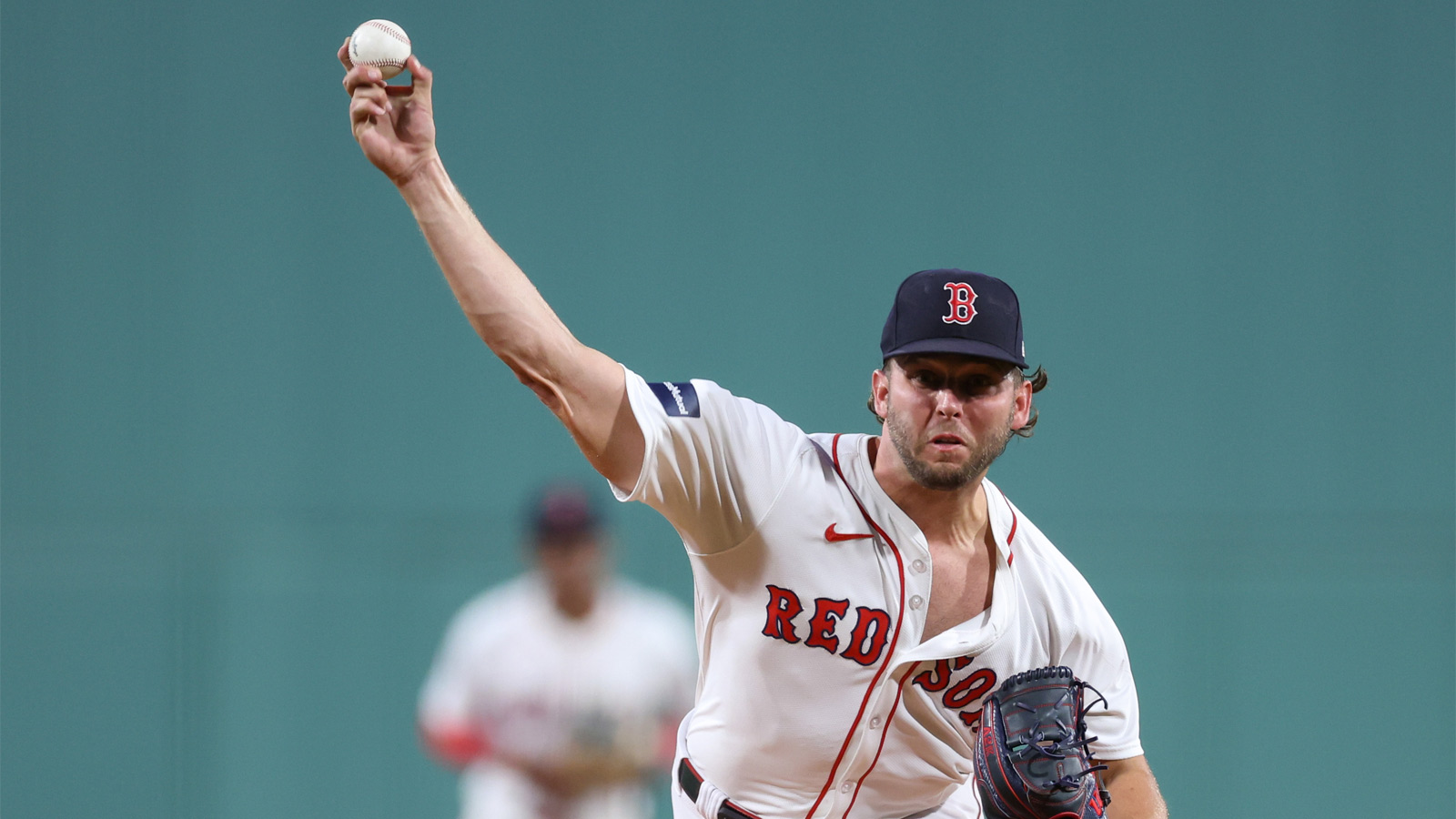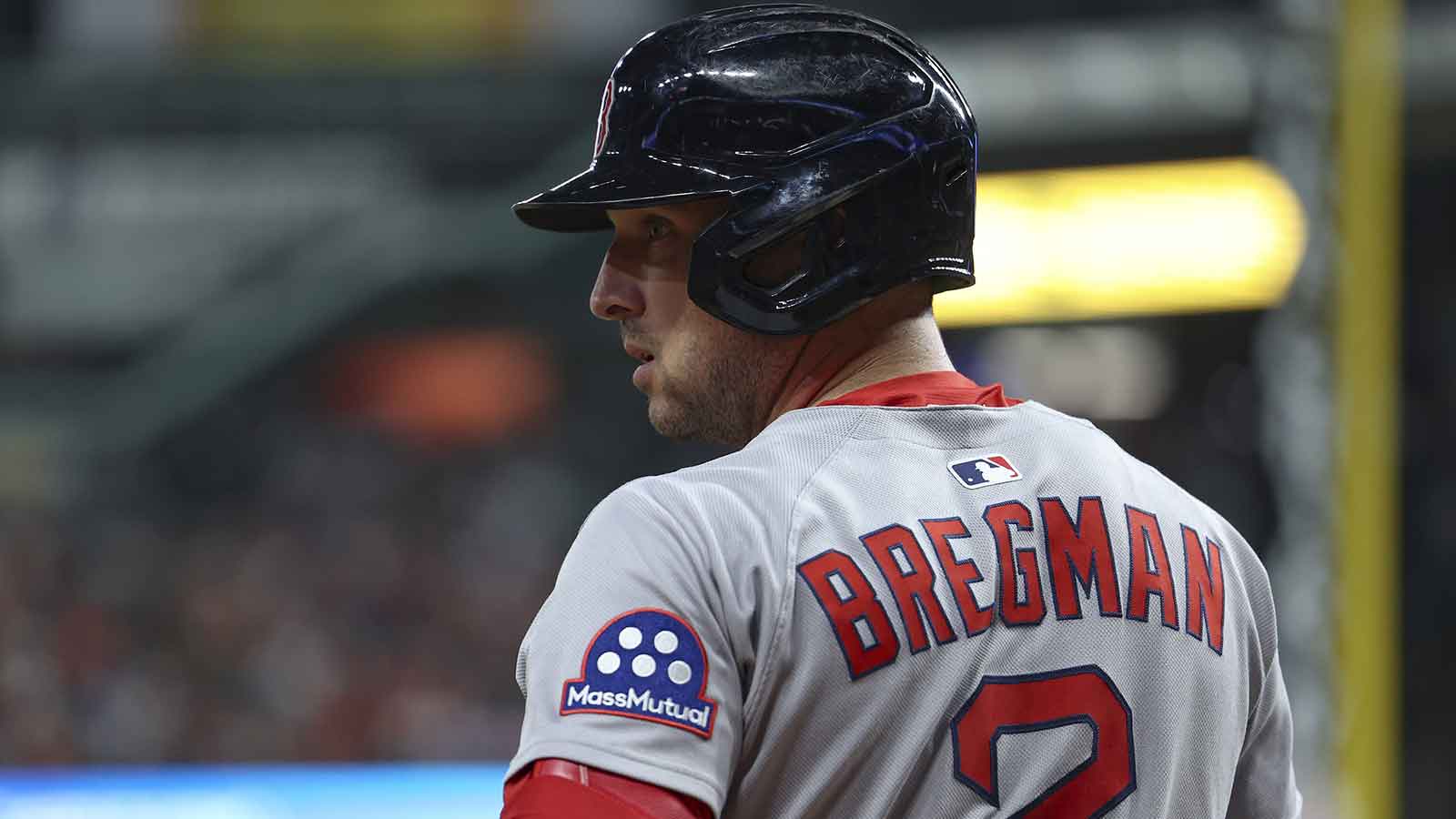The Boston Red Sox had a tremendously disappointing season in 2019. Not only did they fail to make the playoffs, but they also spent the latter half of the year dealing with internal dramas.
Former president Dave Dombrowski was fired after bringing Boston's payroll to a whopping $234 million (the highest in the majors), and the search for a new man in charge stretched into the offseason.
The Red Sox hired former Tampa Bay Rays assistant GM Chaim Bloom to reconfigure an organization that is inhibited by a soaring payroll and an owner (John Henry) that wants to get below the luxury tax threshold.
Well, Bloom's mission just got a whole lot more challenging.
Designated hitter J.D. Martinez elected not to trigger his opt-out clause this winter, instead remaining with the Red Sox for $23.75 million in 2020. Now, Martinez is one of the best hitters in baseball. But the inclusion of his contract towards next year's payroll heightens Boston's Competitive Balance Tax (CBT).
Had Martinez elected to opt out, the Red Sox would have been trending towards the $208 million threshold. Instead, Boston could see their CBT estimate rise to $220 million when accounting for arbitration salaries.
The foremost among those salaries is Mookie Betts, who is projected to make over $27 million next season. The Red Sox have made previous overtures to Betts–who will be a free agent after the 2020 season–about signing an extension, but Betts seems to think his value will be maximized in the open market.
However, Betts is a generational talent, and it seems unlikely that they would have traded him unless absolutely necessary. Now, with Martinez opting in and Henry putting pressure on the front office to drive payroll down, the Red Sox are on the precipice of a major shift.
Will Boston trade Betts, or Martinez?
Could any amount of talent replace Mookie?
That is the question the Red Sox will have to ask themselves.
There is no doubt that Betts would receive an unprecedented haul of young talent, something that Boston desperately desires. However, Betts is one of the most unique players in the game.
Since 2015, Mike Trout has accumulated 44.2 fWAR. The next-highest total during that same period? Betts, with 35.4 fWAR. He is the only one even close to Trout, and that is saying something given the lofty esteem with which players and executives speak about Trout.
Mookie hits for average and power. He is one of the best baserunners–let alone base stealers–in the game. And of course, he is a perennial Gold Glove Award winner in right field.
Could Betts be replaced? Probably not. But might that be the only option for the Red Sox? Possibly.
Boston would be remiss not to flaunt trading Betts if they cannot agree to an extension fairly soon. They would far prefer to get a deal done and acquire a host of prospects to rebuild their farm rather than watch Mookie walk without any compensation.
The Atlanta Braves and San Diego Padres seem like the most logical trade partners. Both teams have outfield needs and a slew of top-level prospects that would be of interest to the Red Sox.
Then again, the other potential roadblock is the notion that Betts may not want to sign an extension with his new team, either. Why would any opposing team sacrifice their farm just for one year of Mookie Betts? (Well, there are certainly reasons if you are a big-market team, but I digress)
The bottom line is that, if they do not initiate talks of an extension, the Red Sox will almost certainly have to take inquiries on Mookie, probably while also….
…assessing JD's value
This is also a tough one. One of the reasons that Martinez opted in for this season has to do with the perils of being essentially a “DH-only” on the free agent market. There are a lot of unknowns in that regard.
Still, there are a number of teams that would have lined up to offer Martinez a contract. The Chicago White Sox were thought to be a perfect fit, but the Texas Rangers and Tampa Bay Rays could also have made for possible landing spots.
Martinez is an elite hitter. He ranks fifth in baseball in terms of wRC+ and home runs over the course of the last two years, and he can spray the ball to all fields. He has the potential to instantly galvanize any lineup.
The Red Sox would prefer to move Martinez over Betts, if possible. Betts has value in every facet of the game, whereas Boston can look to sign a number of veteran hitters to be the DH this winter.
However, can they get a decent return for their slugger? Martinez had a ton of value had he opted out and sought to re-negotiate a new deal. Instead, he still has opt-out clauses in each of the next two seasons, making him a relative wild card in a trade since it could end up being a walk year.
The Red Sox will have to shop around. The White Sox have some elite-level prospects, but they also do not have a ton of depth in their farm system. Would they pull a trigger on a deal for Martinez? Do the Rays or Rangers feel comfortable enough to get into a bidding war?
Bloom could do a lot with $23.75 million given his success with the small-market Rays, and acquiring top talent in exchange for a DH would–for all intents and purposes–be a win for the Red Sox.
But is there a deal out there adequate enough for Boston, and for potential suitors?
Keeping both? Dream on
One thing seems to be fairly certain: the Red Sox will have to trade one of Betts or Martinez before the start of the season. Unless John Henry has a change of heart, then they need to offload salary, and those two are some of the more lucrative and valuable talents on the roster.
Boston could look to move some of their starting pitchers, but they already ranked towards the bottom in terms of rotation ERA. Not to mention, who is going to want to take on the salary of 34-year-old David Price?
Unless the Red Sox somehow flaunted trading Chris Sale (unlikely), then Betts and Martinez reflect the best opportunities to shed payroll. Nathan Eovaldi has a huge deal and is coming off a brutal season in which he suffered through more injuries, and nobody is taking Dustin Pedroia for similar reasons.
So, what will Bloom decide? The next few months are going to have a drastic impact on Boston's future title hopes, one way or another.










